13-12-24
Emma Wijnen
Team Pakistan Researcher,
Global Human Rights Defence.
At the beginning of this week, the UNiTE Campaign, which focuses on the global fight against gender-based violence (GBV), concluded. This 16-day activism initiative, held annually, started on November 25th, the International Day for the Elimination of Violence against Women. It concluded on Human Rights Day (December 10th), a time when the world reflects on the universal rights and freedoms to which every individual is entitled. In Pakistan, however, this day serves as a stark reminder of the ongoing struggles that women face, despite the country’s commitment to international human rights frameworks, including the Convention on the Elimination of All Forms of Discrimination Against Women (CEDAW).
Though Pakistan is a signatory to CEDAW, which mandates the protection of women from violence and discrimination, the reality for many women remains grim. Gender-based violence, both offline and online, is widespread. Domestic violence, acid attacks, sexual harassment, and technology-facilitated violence are common threats faced by women, especially in rural areas. A staggering 90 percent of harassment complaints filed with Pakistan’s Federal Investigation Agency (FIA) are from women. Among female students, 70 percent report facing harassment online, while many working women quit their jobs due to digital abuse. The internet, once seen as a space for empowerment, has increasingly become a platform for misogyny and control.
Despite some progress, Pakistan’s legal and enforcement mechanisms remain insufficient. The Prevention of Electronic Crimes Act (PECA), designed to address cybercrimes, fails to adequately tackle the growing problem of technology-facilitated gender-based violence. The FIA’s Cyber Crime Wing is under-resourced, with only 144 officers for a population of over 240 million, leaving many victims without recourse.
The road to change begins with a cultural shift that challenges regressive social norms. While legal reforms are crucial, they must be accompanied by strong enforcement and societal support systems. The government must invest more resources in combating GBV, particularly digital abuse. However, social media platforms also have a duty to adopt gender-sensitive policies to ensure safe digital spaces. Ultimately, lasting change requires a coordinated effort that combines legal reforms, cultural transformation, and comprehensive support systems for survivors. Only by committing to these efforts can Pakistan begin to build a future in which women are truly free from violence and discrimination.
Sources and further readings:
National Commission on the Status of Women and UN Women, “National Report on the Status of Women in Pakistan 2023: A Summary” (NCSW and UN Women, 2023) <https://pakistan.unwomen.org/sites/default/files/2023-07/summary_-nrsw-inl_final.pdf> accessed on 13 December 2024.
Nisar, S. “Women at the heart of human rights” (Geo News, 10 December 2024) <https://www.geo.tv/latest/578816-women-at-the-heart-of-human-rights> accessed on 13 December 2024.
UN Women, “16 Days of Activism against Gender-Based Violence” (UN Women, n.d.) <https://www.unwomen.org/en/get-involved/16-days-of-activism?gad_source=1&gclid=EAIaIQobChMI7JGe6uakigMVkZaDBx1bKAdJEAAYASAAEgIj3PD_BwE> accessed on 13 December 2024.

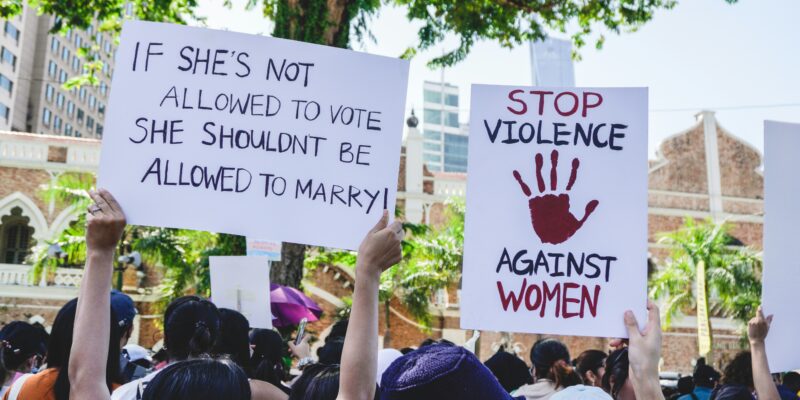

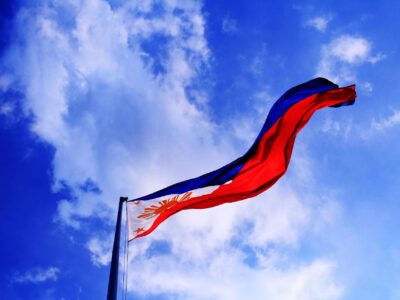
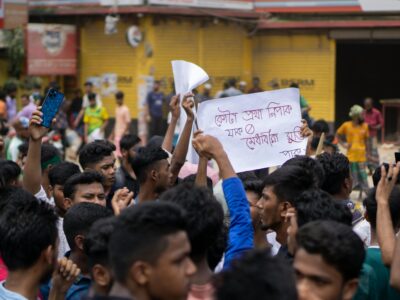
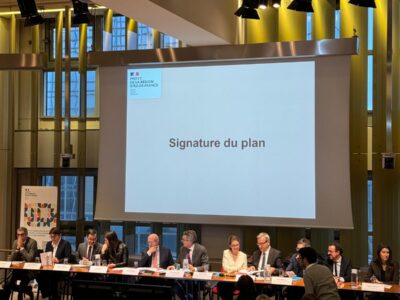
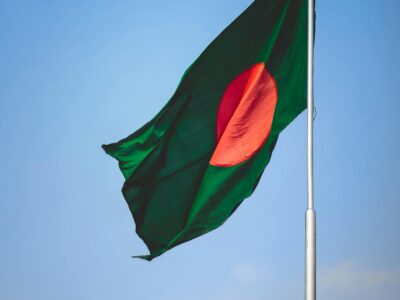
Comments